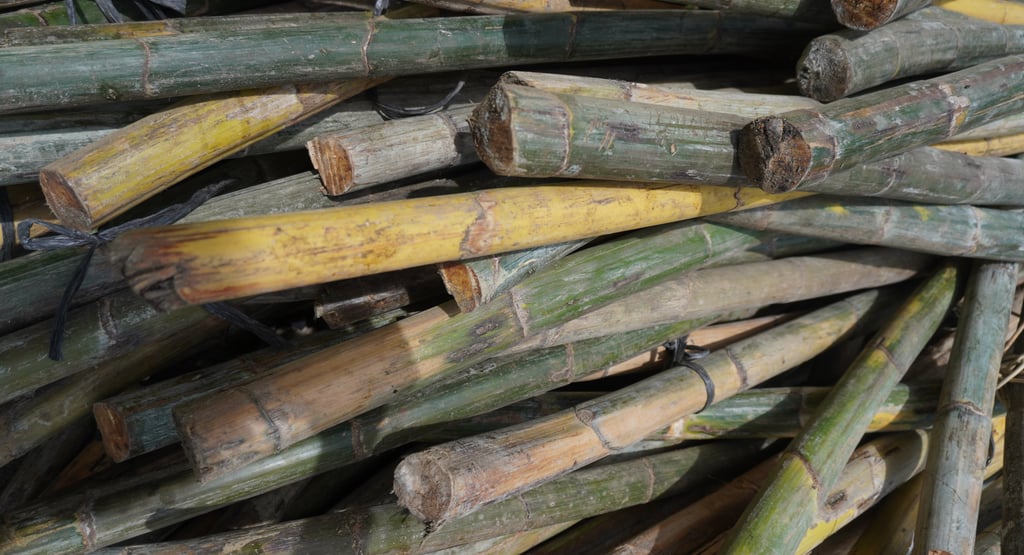Sustaining Indonesia's Rattan: Balancing Production and Replanting
Our commitment to sustainability extends beyond replanting. We aim to foster awareness and responsibility within the industry and among consumers. By promoting sustainable practices and supporting local communities involved in rattan production, we can create a model that balances economic growth with environmental stewardship. The future of Indonesia's rattan industry depends on our ability to harmonize production with the preservation of natural resources.
7/16/20241 min read


Introduction to Indonesia's Rattan Industry
Indonesia stands as the largest rattan producer in the world, contributing significantly to the global supply of this versatile material. Rattan, a climbing palm found in tropical regions, is a staple in the production of furniture, handicrafts, and various other goods. However, this natural resource has faced over-exploitation over the decades, leading to significant environmental concerns.
The Issue of Over-Exploitation
Over the years, Indonesia's rattan resources have been heavily exploited without adequate measures for replanting. This unsustainable practice has threatened the long-term availability of rattan, jeopardizing both the environment and the future of industries reliant on this material. The lack of replanting initiatives has led to a decline in rattan populations, raising alarms about the sustainability of this vital resource.
Commitment to Sustainability
Recognizing the urgent need for change, we are committed not only to optimizing the potential of Indonesia's rattan but also to ensuring its sustainability through dedicated replanting efforts. Our approach involves a balanced strategy that respects nature's gifts and aims to give back to the environment. By investing in replanting initiatives, we seek to restore and maintain the rattan populations, ensuring that this valuable resource remains available for future generations.
Future Prospects and Responsibilities
Our commitment to sustainability extends beyond replanting. We aim to foster awareness and responsibility within the industry and among consumers. By promoting sustainable practices and supporting local communities involved in rattan production, we can create a model that balances economic growth with environmental stewardship. The future of Indonesia's rattan industry depends on our ability to harmonize production with the preservation of natural resources.
Nature has bestowed upon us the gift of rattan, and it is our responsibility to ensure that we give back to nature the respect and care it deserves. Through our replanting initiatives and sustainable practices, we strive to create a legacy of balance and respect for the environment, securing the future of Indonesia's rattan for generations to come.

